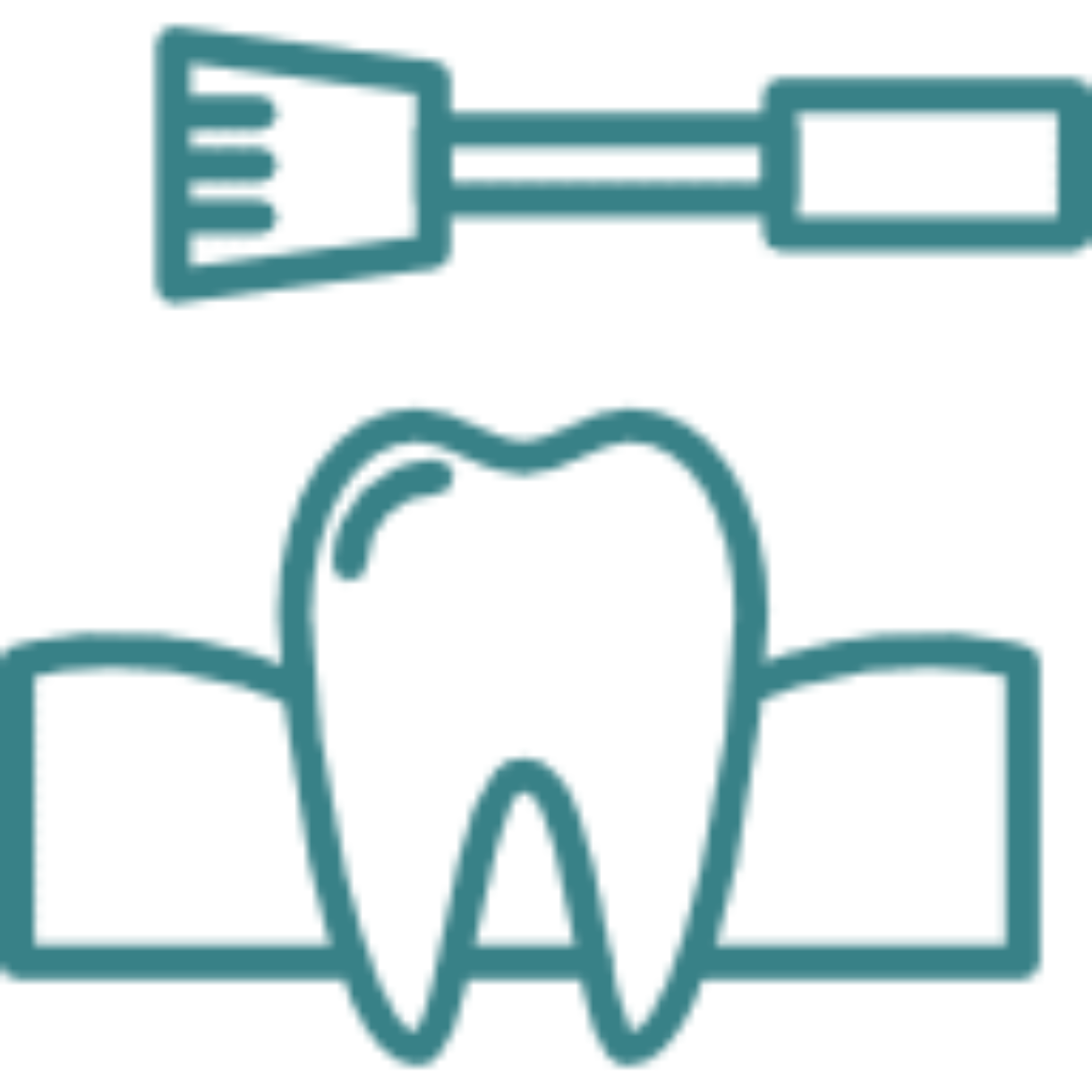Topical Fluoride Treatments in Powell
Fluoride is a mineral that can help to strengthen your teeth and prevent the development of cavities. It helps to fight harmful bacteria and support healthy tooth enamel. The American Dental Association recommends a fluoride treatment every 3, 6, or 12 months, depending on the status of your teeth and how prone you are to developing cavities.
When bacteria and plaque form in an individual’s mouth, their tooth enamel is demineralized. When minerals like calcium and fluoride are introduced back to the teeth, they are remineralized. This comes from consuming food and water. When a tooth is demineralized without being remineralized, it can result in tooth decay. This is why it is incredibly important to be regularly exposed to fluoride.
The higher risk you are for cavities, the more often you should seek fluoride treatment. Some things that can increase your risk of developing cavities are eating disorders, drug and alcohol abuse, poor oral hygiene habits, dry mouth, and a bad diet.
There are two main types of fluoride treatments; topical and systemic. Topical fluorides are applied directly to your teeth and can be found in toothpaste and mouthwashes. Topical fluoride also includes the fluoride treatment used by your dentist. Systemic fluoride treatments are ingested. For example, the water we drink has added fluoride. Receiving both systemic and topical fluoride treatments are incredibly important for optimal dental health.
Although fluoride is considered safe, it can be toxic in high doses. For this reason, it is important to monitor your children’s fluoride use. Ask your dentist about fluoride treatments appropriate for your children.
Schedule a Topical Fluoride Appointment Today
In-office professional fluoride treatment is quick and easy; it may only take a few minutes. The fluoride is applied as a foam or gel and is applied by the dentist directly to your teeth and is much stronger than over the counter fluoride treatments. It is important not to eat or drink for at least half an hour after the treatment. This is so that your teeth can fully absorb the fluoride.
To help maintain your optimal oral health, ask your dentist about fluoride treatments and look into toothpastes and mouthwash with added fluoride.


